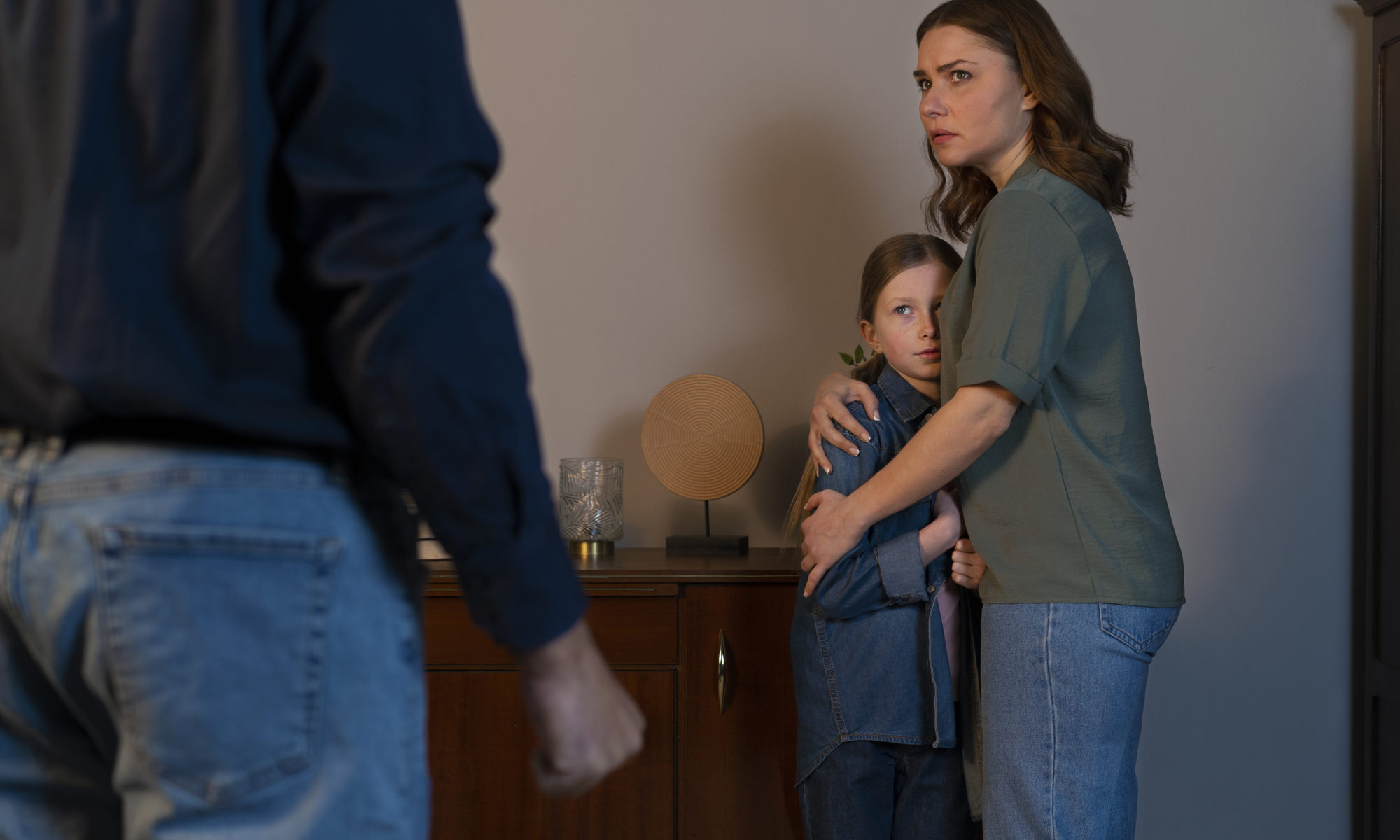Co-parenting with a narcissist is a marathon, not a sprint—demanding coordination, emotional balance, and an unwavering focus on your child’s well-being. But, when your co-parent is a grandiose narcissist, the challenge intensifies. Their inflated sense of self, relentless need for admiration, and disregard for others’ feelings turn co-parenting into a high-stakes chess game. This guide isn’t about changing them (you can’t). It’s about equipping you with practical strategies to protect your child and your sanity. Let’s dive into understanding their behavior and building your defenses.
What Drives a Grandiose Narcissist’s Behavior?
Grandiose narcissists operate from a core of entitlement, craving constant validation while lacking empathy. Their actions stem from a need to maintain a superior self-image, not from personal vendettas. Recognizing their predictable tactics helps you stay one step ahead:
- Triangulation: They may use your child to manipulate or pit you against others, like praising one parent to the child to undermine the other.
- Gaslighting: They distort reality to make you doubt yourself, saying things like, “You’re overreacting; I never said that.”
- Public Grandstanding: They might flaunt their “perfect parenting” on social media or to shared contacts to boost their ego or shame you.
- Disruptive Control: Expect last-minute schedule changes, exaggerated “crises,” or overstepping boundaries to assert dominance.
Understanding these as symptoms of their personality disorder lets you detach emotionally and respond strategically. So, how do you set boundaries that stick?
How to Establish Ironclad Boundaries?
To counter a grandiose narcissist’s chaos, you need clear, enforceable boundaries. These are your shield against their attempts to destabilize you:
- Written Communication Only: Use texts, emails, or 2houses co-parenting apps. Avoid phone calls unless it’s a genuine emergency. Adopt the BIFF Method (Brief, Informative, Friendly, Firm). Example: “Per our agreement, drop-off is at 5 PM Sunday. Please confirm.”
- Child-Focused Discussions: Limit conversations strictly to parenting logistics. Refuse to engage on personal matters or past conflicts. If they push, redirect: “Let’s focus on what’s best for Jake.”
- Document Everything: Record missed pickups, hostile messages, or violations of agreements. Use apps, a dedicated journal, or organized email folders for court-ready evidence.
With these boundaries, you can maintain control and reduce emotional entanglement. But how do you ensure your child stays protected?
How to Safeguard Your Child’s Well-Being?
Your child is the priority, and shielding them from the narcissist’s tactics is critical. Here’s how to keep their emotional world stable:
- Insulate from Conflict: Never argue in front of your child or vent about your ex, even if it feels justified. This preserves their sense of safety.
- Validate Their Emotions: Help them process feelings without judgment. Say, “It’s okay to feel confused when plans change suddenly.” Clarify that the narcissist’s behavior isn’t their fault: “Dad loves you, but sometimes his choices aren’t about you.”
- Counter Manipulation: Watch for signs of guilt-tripping gifts, secrecy (“Don’t tell Mom…”), or attempts to alienate. Respond calmly: “In our house, we value honesty and respect.”
Protecting your child is paramount, but how do you maintain the energy to keep going?
How to Sustain Your Emotional Resilience?
Co-parenting with a grandiose narcissist can drain your emotional reserves. These strategies help you stay strong:
- Gray Rock Method: Become emotionally uninteresting to starve their need for drama. Respond with short, neutral replies like, “Noted, I’ll follow the schedule.”
- Seek Specialized Support: Work with a therapist trained in narcissistic personality disorder. Join support groups (online or local) to share experiences and strategies.
- Let Go of Expectations: Accept that empathy or collaboration isn’t possible. Grieving the ideal of cooperative co-parenting frees you to focus on what you can control.
- Manage Triggers: Prepare canned responses for common provocations, like, “I’ll address this through our agreed communication channel.” Build self-care habits—journaling, exercise, or meditation—around interactions.
You’re anchoring your child’s stability, but what if boundaries aren’t enough?
When to Reinforce with Legal Protections?
Dealing with a grandiose narcissist—especially when you’re trying to co-parent—can be overwhelming. When their behavior starts getting worse, it’s important to have some legal tools in place to protect yourself and your child. One of the best ways to do this is by getting a detailed court order. Make sure everything is clearly written out—like pick-up and drop-off times, who gets the kids on holidays, how communication should happen, and who makes important decisions. You can also ask the court to require using a parenting app that tracks all messages. We also always suggest using the 2houses app from the very beginning of co-parenting. It really helps keep a record of everything right from the start.
Another helpful strategy is something called parallel parenting. This means you limit how much you have to talk or interact with the other parent. Each of you can stick to your own routines and household rules, without needing to agree on every little thing. For example, you can throw your own birthday party for your child at your house, and the other parent can do the same. It’s not about winning—it’s about keeping things peaceful and less stressful for everyone involved.
Pay attention to signs that things might be getting more serious. If the other parent starts neglecting the child, manipulating them, or trying to turn them against you (that’s called parental alienation), don’t wait—talk to a family law attorney right away. It’s not a good idea to try to handle this on your own in court. Having a lawyer who understands what you’re going through can make a big difference.
What Pitfalls to Steer Clear Of?
Certain reactions can escalate conflict or weaken your stance. One big pitfall to avoid is what I like to call JADE: Justifying, Arguing, Defending, or Explaining. When you find yourself doing these things, you’re actually giving the other person more power and ammunition. They might be looking for a reaction, and by engaging in JADE, you’re giving them exactly what they want. Instead, try to stay calm and concise, focusing on facts rather than getting drawn into a debate.
Another thing to watch out for is getting into a competition. Sometimes, people will try to one-up you with extravagant gestures or gifts, often to gain favor or simply to provoke a reaction. It can be tempting to match them, but resist that urge. This isn’t a game to be won with possessions; it’s about protecting yourself and your child’s well-being. Focus on what’s genuinely helpful and healthy for your family, not on outward appearances.
Also, it’s very important to stay compliant with any court orders or agreements, even if the other person isn’t. Breaking rules, even if you feel justified, can really hurt your credibility in the long run. And please, protect your child’s role. Never put your child in the middle by using them as a messenger or a confidant. That just exposes them to adult conflicts that they shouldn’t have to bear. Your child needs to be a child, not a pawn in a difficult situation.
Co-parenting with a grandiose narcissist isn’t about partnership—it’s about strategic damage control. Your child needs one consistent, loving parent, and you’re it.










